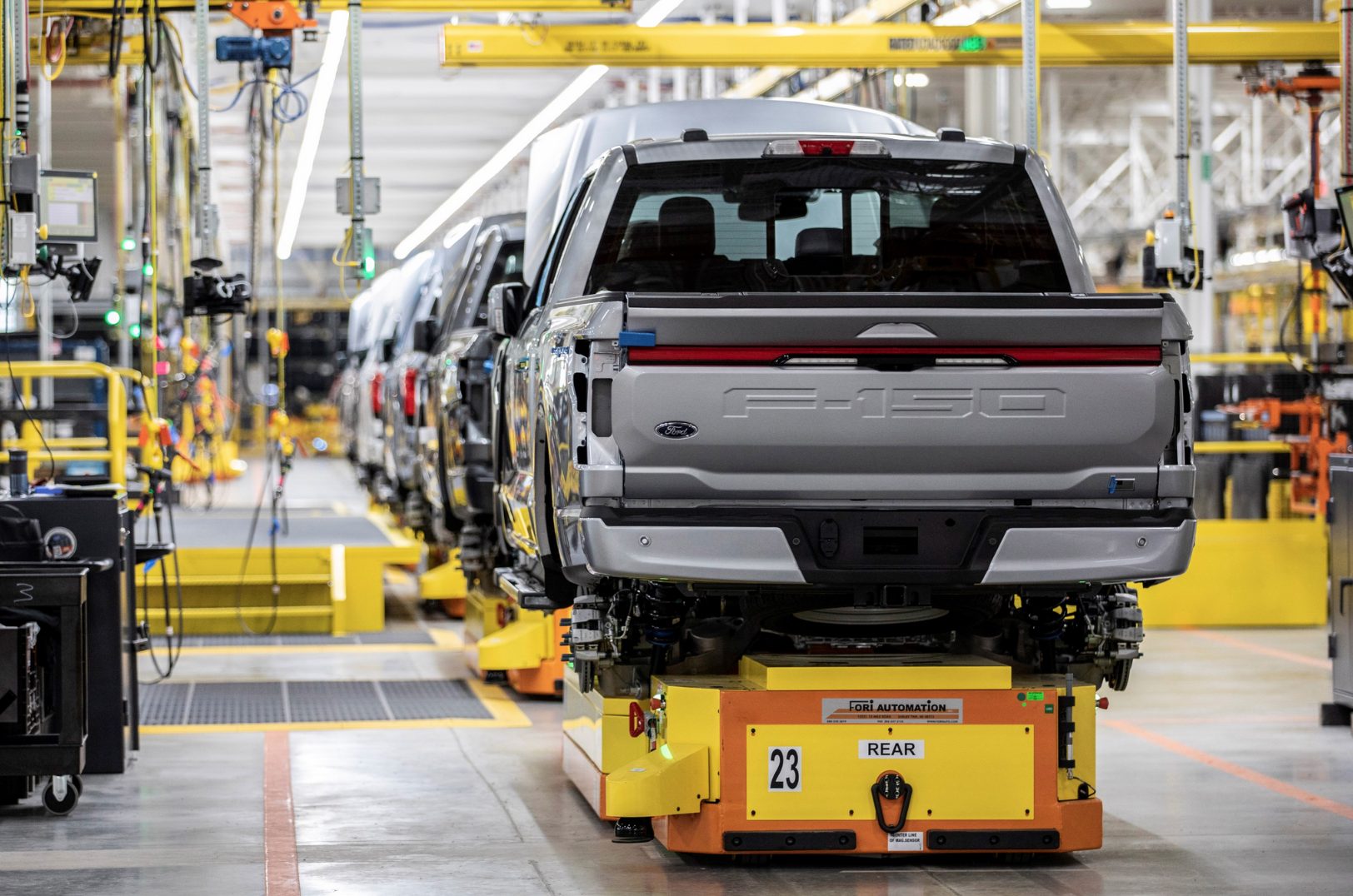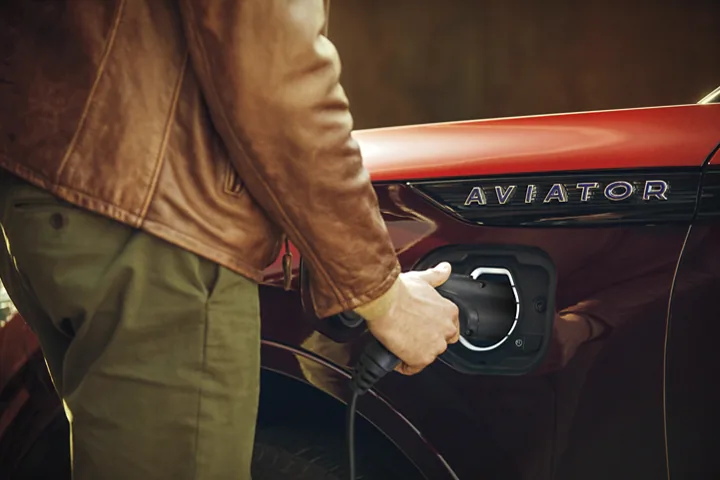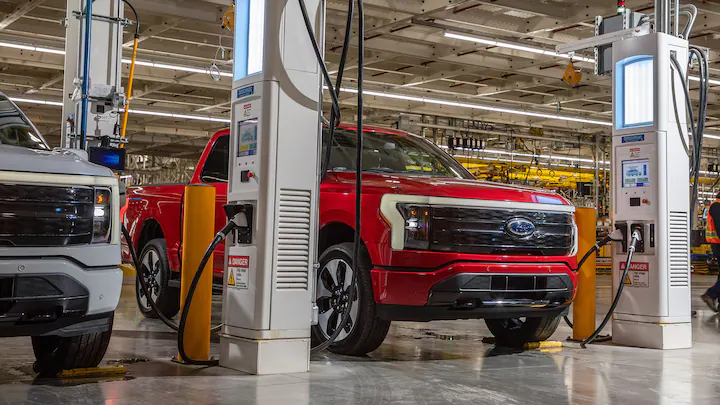
How Will Ford’s Lincoln Differentiate Itself in Transition to EVs?
Ford Motor Co.-owned luxury car brand Lincoln has a long and arduous road ahead in its transition to battery electric vehicles (BEVs) — reports an Automotive News editorial.
Lincoln shift to EVs will be toughest pivot yet https://t.co/TwlvEELxIt pic.twitter.com/d6nU59e9uy
— Automotive News (@Automotive_News) February 7, 2022
Lincoln turns an entire century old this year, and the carmaker’s pivot to EVs will be its most important — and challenging — to date. The veteran automaker hopes to launch its first all-electric vehicle, the 2023 Lincoln Aviator, later this year.
Not only is Lincoln navigating the switch to all-electric at the same time as competing luxury automakers like Audi, Mercedes-Benz, Lexus, Cadillac, and more, but electric propulsion will also do away with several features which previously set Lincoln cars apart from those manufactured by its parent company, Ford.
Lincoln vehicles have always been known for their reined-in noise and vibration, as well as overall road feel. An electric drivetrain, however, offers those features on most EVs.
Performance isn’t much of a differentiator either — Ford’s Mustang Mach-E, Car and Driver’s ‘EV of the Year’ for 2021, goes 0-60 mph in under four seconds with the GT trim, as do many other EVs.
That being the case, Lincoln not only has to worry about offering a better value proposition to customers than competitors in its weight class but also has to make sure it distinguishes between its cars and Ford’s.
Lincoln’s EVs will likely share both components and Platforms with Ford, making differentiation even more of a challenge. What’s more, Ford also did not shy away from delaying production on the Lincoln Aviator EV to boost the output of its own EV, the Mustang Mach-E.
Automotive News believes there is still room for Lincoln EVs to carve out a niche of their own. The publication suggests range, charging speed, and interior design as areas where Lincoln could set itself apart, not only from the competition but also from Ford.
“No Ford-branded vehicles should be able to go farther on a charge or charge faster,” said Automotive News. Lincoln has always set benchmarks for interior design and material quality in the luxury automotive price class, and that is something the carmaker could and should leverage even more as it transitions to EVs.
If Ford CEO Jim Farley gives the Lincoln division as much autonomy over the brand’s EV line as they had when developing the 1956-57 Continental Mark II, there is potential for a compelling all-electric offering from Lincoln.


